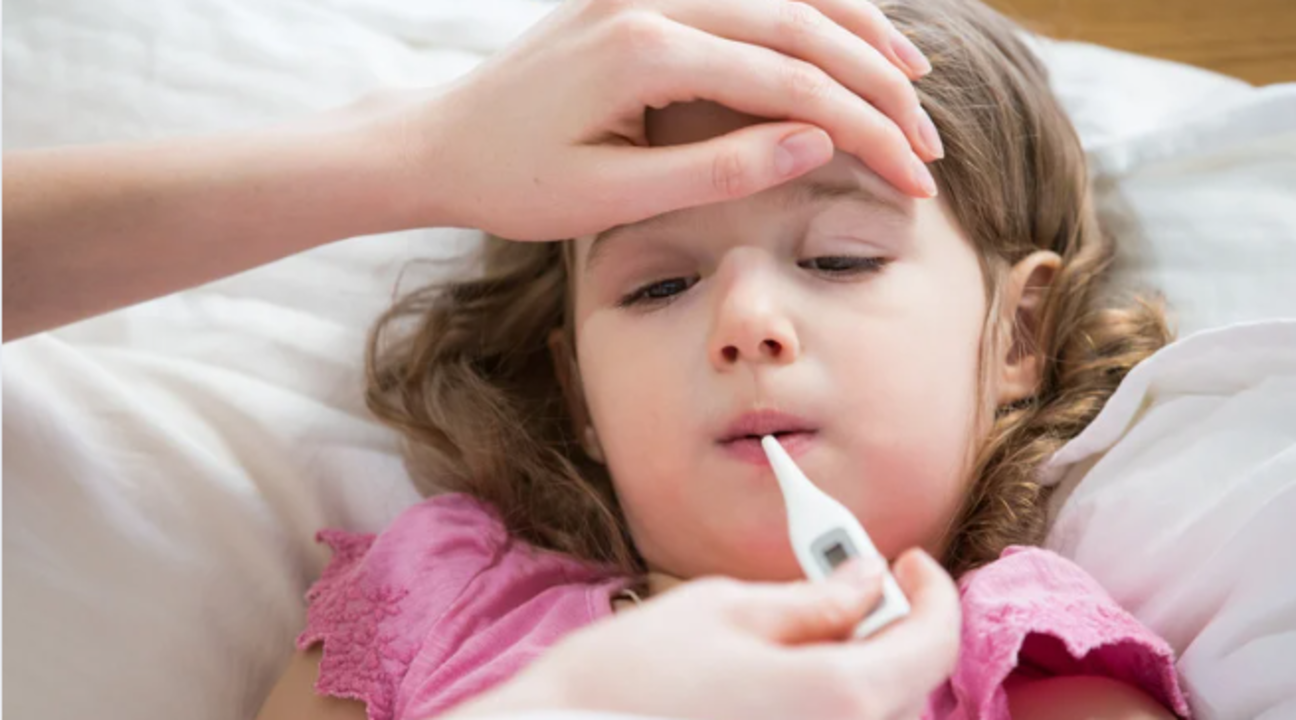H3N2 Flu On The Rise In Delhi: Symptoms And Precautions You Must Know

Credits: Canva
SummaryDelhi is currently witnessing a rise in H3N2 influenza cases, a strain of the influenza A virus. Hospitals across the city have issued alerts, and doctors are advising residents to stay vigilant, monitor for symptoms, and seek medical attention at the first signs of illness.
End of Article
